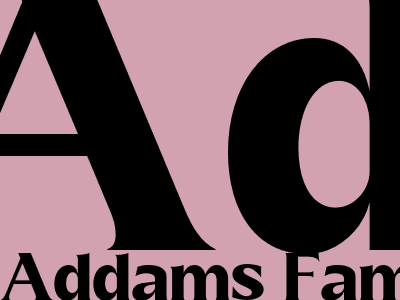SEO Writing: A Comprehensive Guide to Ranking Higher
Introduction
Search engine optimization (SEO) is the key to getting your website found by potential customers. By optimizing your website and content, you can improve your ranking in search engine results pages (SERPs) and drive more traffic to your site.
In this comprehensive guide, we will cover everything you need to know about SEO, from the basics to advanced techniques. We will discuss keyword research, on-page optimization, link building, and much more.
Keyword Research
Keyword research is the foundation of any SEO campaign. By understanding what keywords your target audience is searching for, you can optimize your website and content to rank for those keywords.
There are a number of different ways to conduct keyword research. One common method is to use a keyword research tool, such as Google Keyword Planner or Ahrefs. These tools can help you identify relevant keywords and provide data on their search volume and competition.
On-Page Optimization
On-page optimization refers to the changes you can make to your website to improve your ranking in SERPs. This includes optimizing your title tags, meta descriptions, header tags, and content.
Your title tag is one of the most important elements of your website. It is the headline that appears in SERPs, and it should be clear and concise, and include relevant keywords.
Your meta description is a brief summary of your website that appears below your title tag in SERPs. It should be engaging and informative, and it should also include relevant keywords.
Header Tags
Header tags are used to structure your content and make it easier for users to read. They can also help to improve your ranking in SERPs.
Use header tags to create a hierarchy for your content. The most important heading should be H1, followed by H2, H3, and so on.
Include relevant keywords in your header tags, but don't keyword stuff. Keyword stuffing can hurt your ranking in SERPs.
Content
Your content is the most important part of your website. It should be high-quality, informative, and engaging. It should also be relevant to your target audience and include relevant keywords.
When writing your content, focus on providing value to your readers. Answer their questions and provide solutions to their problems.
Use clear and concise language, and avoid jargon. Break up your content into small paragraphs and use bullet points and lists to make it easier to read.
Link Building
Link building is the process of acquiring links from other websites to your own. Links are a key factor in ranking in SERPs, and the more high-quality links you have, the higher you will rank.
There are a number of different ways to build links. One common method is to create high-quality content that other websites will want to link to. You can also reach out to other websites and ask for links.
When building links, focus on quality over quantity. A few high-quality links from relevant websites are worth more than a large number of low-quality links from irrelevant websites.
Other Ranking Factors
In addition to the factors discussed above, there are a number of other factors that can affect your ranking in SERPs. These include:
- Website speed
- Mobile friendliness
- User experience
- Social media engagement
By focusing on all of these factors, you can improve your ranking in SERPs and drive more traffic to your website.
Conclusion
SEO is a complex and ever-changing field, but by following the tips and advice in this guide, you can improve your ranking in SERPs and drive more traffic to your website.
Remember, SEO is a long-term game. It takes time to build up your ranking, but the rewards can be substantial.
If you need help with SEO, there are a number of resources available. You can hire an SEO consultant, or you can learn more about SEO through online courses or tutorials.

Comments